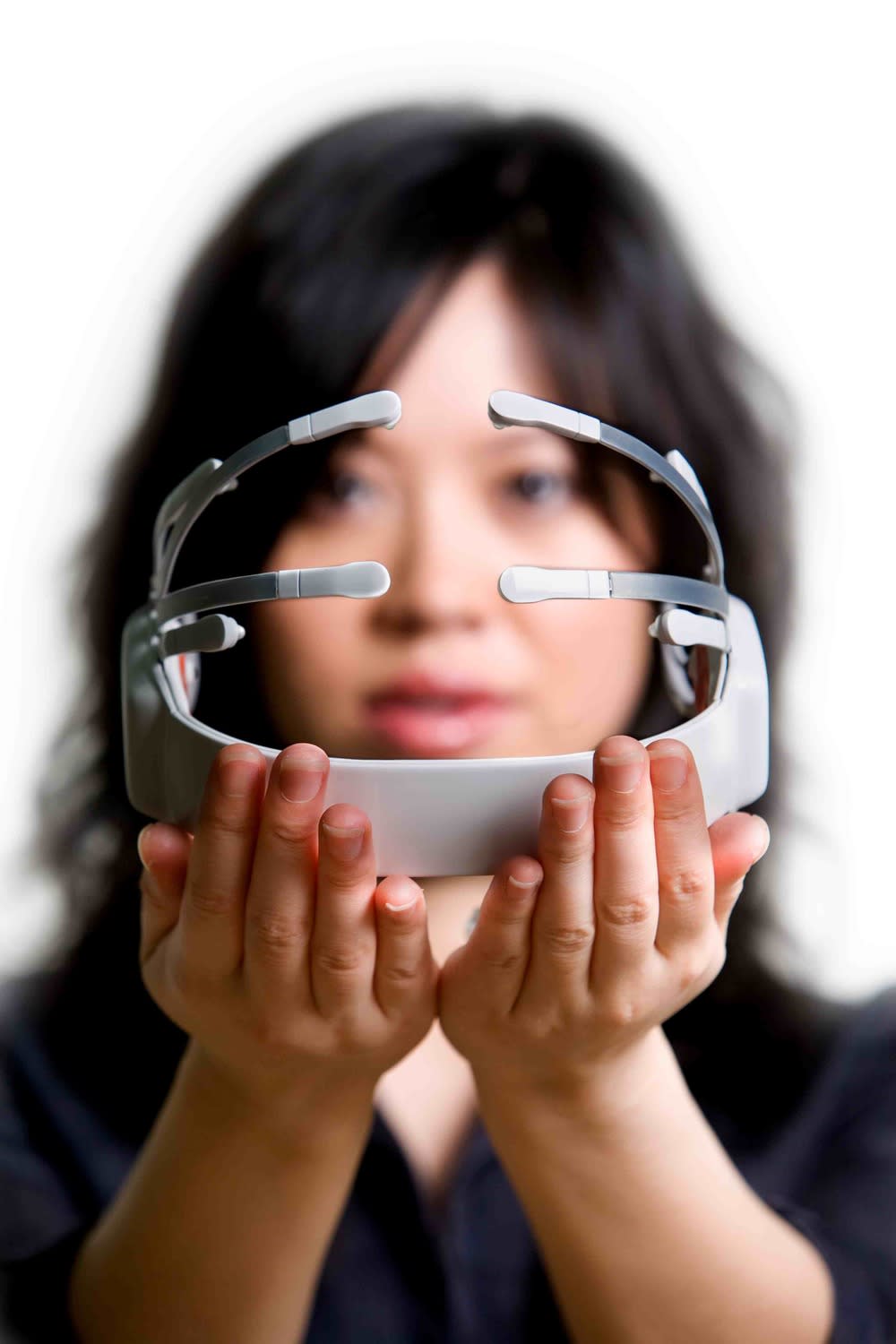
Tan Le is the last person who could be accused of wasting opportunity. The Silicon Valley-based entrepreneur arrived in Australia as a four-year-old refugee from Vietnam.
A self-confessed “square, nerd and bookworm”, Tan began studying law and commerce at Monash when she was 16, and started a successful career as a barrister and solicitor when she was in her early 20s.
In 1998 she was named Young Australian of the Year for her charity work with the Vietnamese-Australian community, and describes that experience as “a massive jolting force that exposed me to things I’d never been exposed to before”.
“I was a Footscray girl brought up in a working-class family with few opportunities to socialise, and suddenly I was seeing there were different modalities of what success looked like, how passions and perseverance and drive could allow you to contribute in ways that are uniquely your best contribution points,” she says.
“I realised then that I needed to be a lot more proactive in what made the most sense to me, rather than follow in a more traditional path.”
Tan identified the technology sector as where she could make the greatest contribution. She saw technological advances improving life for people all around the world while also offering incredible opportunities to help create the future.
She made the leap from law, first starting a company called SASme that created software with high-speed text messaging capabilities, and then, after selling that company, moving to Silicon Valley in California, where she founded EMOTIV.

A neuroinformatics medtech startup with a mission to understand and accelerate global research into the brain via electroencephalography (EEG), EMOTIV has already developed the world’s most accurate and affordable wearable, whole brain-measuring technology on the market.
EMOTIV employs 100 people in Silicon Valley, Hanoi and Sydney, but the company also has third-party neuroscientific researchers and developers in 120 countries who are discovering a raft of specific applications for the platform, including mobility, transport safety, health and wellness, robotics, hands-free control of devices, computer interfaces, art, design and entertainment.
And, Tan points out, “we’re just getting started – the best years are yet to come”.
“One of the most exciting things is just to reflect on the journey you’ve taken when you’ve invented something, and it’s very, very exciting to watch it take form,” she says.
“With any sort of technology like this there’s a long period of R&D in order to correct the underlying breakthroughs in knowledge and understanding, and then you get to a certain critical point and you start to scale it.
“We’re just starting on that next inflection point as a business, and it’s so exciting, because that’s when you really see your ideas come to life.”
Valuable community service
Tan’s community service experiences were integral in leading her to her entrepreneurial path.
“One of the things I learned from my years doing community service was that, as much as you have a lot of aspirations to make a positive difference, you don’t have a lot of latitude, because you’re often reliant on government funding or other mechanisms to raise money, so whatever you wanted to do is limited by your capacity to raise money,” she says.
“But there are many ways to generate money and make a positive difference in terms of companies and new technology. It became very clear to me that I wanted to become an entrepreneur so I would have more opportunity to create wealth and jobs.
“I wanted to be an avenue for job creation, but I also wanted a chance to create the future through advancing understanding of the human brain.”
“One of the most exciting things is just to reflect on the journey you’ve taken when you’ve invented something, and it’s very, very exciting to watch it take form.”
Tan’s return to Monash for the Global Leaders’ Summit is not just in her role as successful alumna. She’s also chair of the Monash Global Leaders’ Network Advisory Committee, West Coast USA, a group that advances engagement with the technology companies of Silicon Valley.
“The leading companies in the Silicon Valley will shape what the world looks like in the next 10 or 20 years, and so Monash, in order to stay relevant and current, needs to have a strategy as to how it approaches Silicon Valley, with access to people who are on the ground there,” she says.
“As people who have had a Monash education and also the benefit of being global citizens, we have the responsibility to serve and give back to the University, to contribute to the next generation of students.
“I hope to provide some context for how significant the opportunity is for students, and for them to understand the potential that’s out there.
“You sometimes don’t realise how big the world is and the opportunities beyond what you know. It is really valuable to have that exposure, because the broader your exposure, the more able you are to make a discerning decision about your career.”





